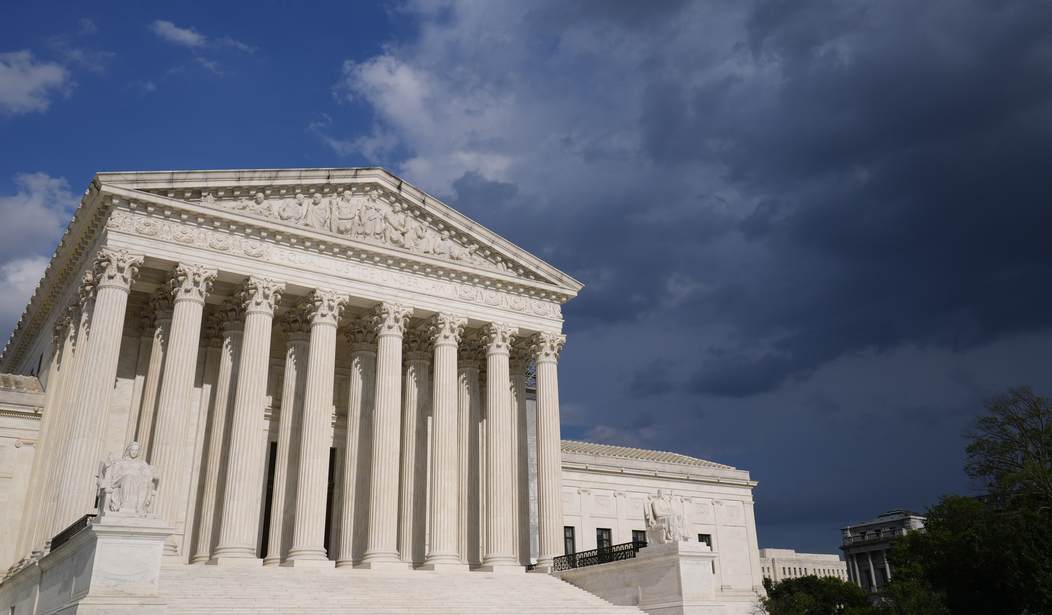Woodrow Wilson famously stated, "If you think too much about being re-elected, it is very difficult to be worth re-electing." Coming from the Democrat president best known for being the “Father of the Public Administration,” these words are filled with irony.
Wilson led the charge against traditional constitutional principles, galvanizing a major tenant of modern progressive thought, where government is believed to best be led by agency “experts,” rather than the laymen elected by the people – known as Congress. His views influenced the creation of Roosevelt’s New Deal, which completely altered the balance of federal power for the next century. As a result, we are governed largely by unelected bureaucrats today, rather than fellow members of our community elected at the ballot box.
While the size of government grew prior to Roosevelt, the growth of the federal government dramatically increased following the New Deal. Through administrations from both parties, the administrative state has expanded consistently over the years. Now under Biden, that expansion has continued. The 2023 Federal Register, for example, contained over 3,000 final rules and regulations produced by federal agencies, totaling over 90,000 pages. In the same year, Congress only passed 27 bills through both chambers.
Wilson was correct about the inclination of politicians to be driven solely by their own political self-preservation. However, his views and actions to empower the bureaucracy have only permitted that appetite to grow.
Sadly, many politicians do naturally avoid tough decisions. When the Supreme Court created the Chevron doctrine in 1984, lawmakers received the best excuse to shift decision-making authority to agencies since the beginning of the Wilsonian era. In the Chevron case, the Court set out a system of deference requiring a reviewing court to uphold an agency’s reasonable interpretation of a statute, as long as Congress did not speak unambiguously.
Recommended
Last week, the Supreme Court chose to overturn Chevron deference in the Loper Bright decision, providing policymakers an opportunity to at least slow down the exponential expansion of regulatory power in our federal government. While federal courts across the country will now have to adjust to this massive change in reviewing agency interpretations after four decades of applying Chevron deference, the largest factor in Loper Bright’s ultimate legacy does not rest on a judge’s bench, but in the hands of the people and their representatives.
While conservatives advocated for the reform or reversal of Chevron for decades, our movement now faces important questions regarding the future of American bureaucracy after its fall.
First, states must decide whether to follow the Supreme Court’s lead in overturning Chevron or to continue to embolden their state bureaucrats through deference. After the Chevron decision in 1984, a wave of state judiciaries adopted similar systems of deference.
According to the Pacific Legal Foundation, a number of states have passed laws in recent years to prevent state courts from providing Chevron-type systems of deference to state agencies. In other states, their system of deference is currently under review in court. However, legal commentators rightly point out that 35 states still provide some type of deference to state agency actions. State policymakers now have the chance to reclaim their legislative authority and to join with other states who have passed reforms to curb bureaucratic power bolstered by deference.
Second, lawmakers at both levels of government must now determine if they want to be legislators or delegators. If lawmakers refuse to begin legislating and not simply deferring their legislative authority to bureaucrats, then Chevron will ultimately just amount to a shift of power from agencies to courts, rather than what it could be: a return of power back to the representatives of the people.
It is important for courts to make independent legal determinations when ambiguities do occur in statutes, as Justice Roberts wrote it in his opinion: “agencies have no special competence in resolving statutory ambiguities. Courts do.” Loper Bright simply takes a step back toward the roles of government that our framers envisioned. The next step is up to policymakers.
Lastly, as conservative citizens we must determine if we believe in the Framers' view of governance or that of the modern progressive. To be honest, Republican and Democrat lawmakers generally allow the Wilsonian view to exist and expand at all levels. Our federal and state governments largely operate under the assumption that we are best governed by so-called experts.
Big government advocates generally place a false choice before us, between empowering legislators or agency practitioners. However, the genuine choice is between bureaucrats and the people – citizens rule through their elected representatives under our republican form of government.
In his first inaugural address, Thomas Jefferson predicted this very debate: “Sometimes it is said that man cannot be trusted with the government of himself. Can he then be trusted with the government of others? Or have we found angels, in the form of kings, to govern him? Let history answer this question.”
It is clear the Framers believed that “We the People” were best equipped to govern. It is now up to our generation of Americans to answer this question for ourselves.

























Join the conversation as a VIP Member